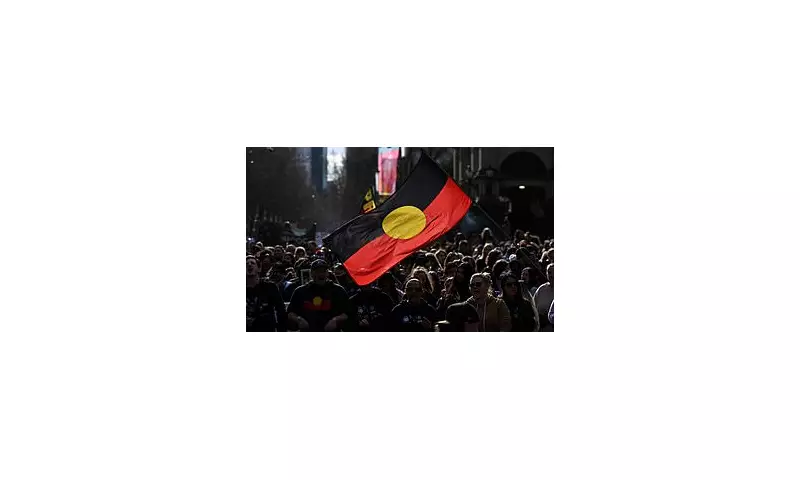
A groundbreaking initiative to establish Australia's first-ever treaty with its Aboriginal people has been thrown into disarray, encountering fierce resistance and significant delays in the state of Victoria.
The ambitious process, once a flagship policy, is now mired in political controversy and legal challenges, creating a deep rift between the government, the opposition, and Indigenous leaders.
A Process Mired in Controversy
The Victorian government, under Premier Jacinta Allan, is facing intense scrutiny over its handling of the treaty negotiations. The opposition has launched a scathing attack, accusing the government of a severe lack of transparency and of recklessly rushing the complex process without adequate public consultation.
Opposition Leader John Pesutto has been particularly vocal, demanding the immediate release of all documents related to the treaty's progress. He has condemned the government's approach, suggesting it has created more division than unity and has failed to secure a broad social license from the wider Victorian community.
The Sticking Points: Authority, Representation, and Law
At the heart of the stalemate are several critical issues. A major point of contention is the proposed establishment of a 'First Peoples’ Assembly', a representative body that would wield significant authority in the ongoing negotiations. Critics argue this model is flawed and lacks proper democratic accountability.
Furthermore, the complex question of how to appropriately represent the myriad of Aboriginal clans and families within a single treaty framework remains unresolved. Legal experts have also raised red flags, warning that the treaty could be challenged in the High Court if it is perceived to create different classes of citizens or if its negotiation process is deemed to have exceeded the state government's constitutional powers.
Voices from the Front Lines
The delay has caused palpable frustration and disappointment within Indigenous communities. Aunty Geraldine Atkinson, Co-Chair of the First Peoples’ Assembly of Victoria, expressed profound hurt, stating that the community feels "pushed to the back of the queue again" after years of painstaking work and emotional investment.
This sentiment is echoed by many who saw the treaty as a tangible step towards reconciliation, addressing historical injustices and empowering First Nations people. The current impasse is seen as a painful setback in that long journey.
Political Fallout and What Comes Next
The treaty issue has escalated into a full-blown political crisis for the Allan government. The opposition is leveraging the situation to question the administration's competence and priorities, especially amidst other state challenges like the cost-of-living crisis.
With the process now stalled and under official scrutiny, the future of the treaty is uncertain. All sides agree that a reset is needed, but consensus on a new path forward remains elusive. The eyes of the nation are on Victoria, watching to see if this bold attempt at reconciliation can be salvaged or if it will collapse under the weight of political and legal pressures.





